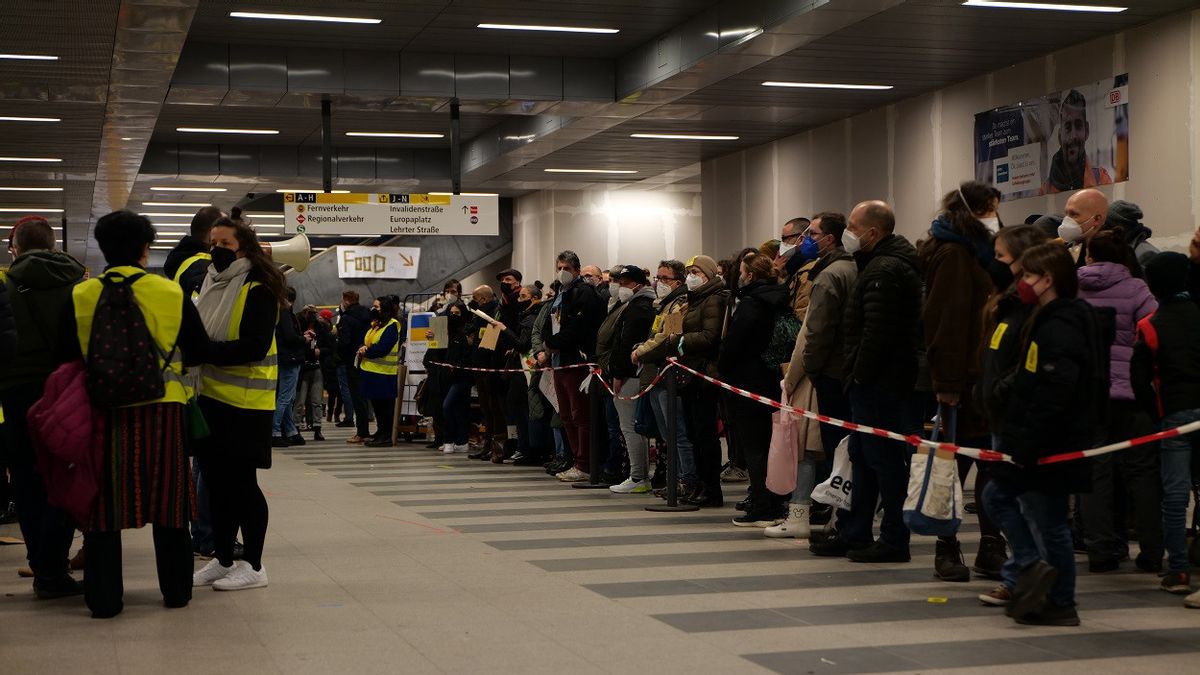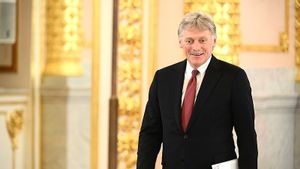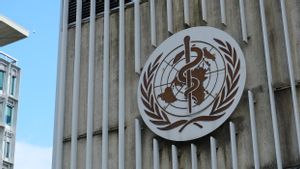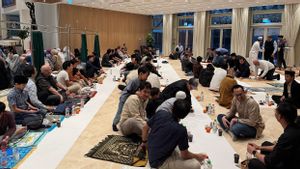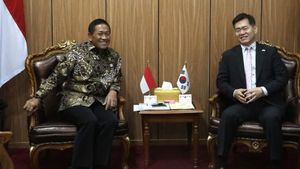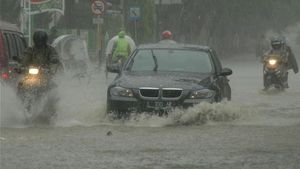German Chancellor Olaf Scholz on Thursday called for a fairer division of Ukrainian refugees in Europe, stressing the countries participating in this effort should receive assistance from the European Union.
"If other countries do not participate in the acceptance of refugees, that means Europe will provide these countries with financial support specifically for livelihood financing, vocational training, language courses and all the roles," Scholz said at a meeting of the Council of the European Union in Brussels. Belgium, as reported by Reuters 27 June.
Chancellor Scholz said Germany, the Czech Republic, Poland and several other countries had borne heavy burdens to accommodate people fleeing Ukraine after the Russian invasion.
He added that he had explained this to the President of the European Union Commission Ursula von der Leyen along with his colleagues from Poland and the Czech Republic.
Quoting European Pravda from Politico, Chancellor Scholz with PM Donald Tusk (Poland) and PM Petr Fiala (Czech Republic) have written a letter to von der Leyen, in which he provides details of these demands.
Discussions surrounding Ukrainian refugees in Germany have escalated over the past few months. Several politicians from the far-right opposition party said Berlin should reduce social assistance for Ukrainians who have not yet found work in Germany.
In particular, Alexander Dobrindt, chairman of the opposition party Bavaria Christian Social Union (CSU) in the German Bundestag, called for unemployed Ukrainian refugees expelled from Germany. His proposal was criticized by federal coalition parties and Oleksii Makeiev, the Ukrainian Ambassador to Germany.
SEE ALSO:
According to Germany's statistical office, 276,000 people arrived in Germany from Ukraine last year. Official reports state that of the more than one million Ukrainians in Germany, 800,000 of them are under working age, and about a quarter of them have jobs.
Data from the United Nations (UNHCR) refugee agency shows that nearly 6 million people have left Ukraine for Europe since February 2022, with about 1.1 million of them in Germany on June 1.
The English, Chinese, Japanese, Arabic, and French versions are automatically generated by the AI. So there may still be inaccuracies in translating, please always see Indonesian as our main language. (system supported by DigitalSiber.id)
